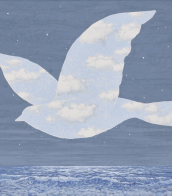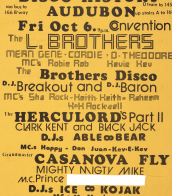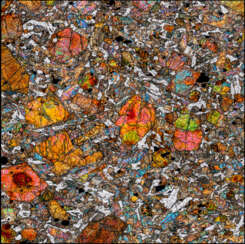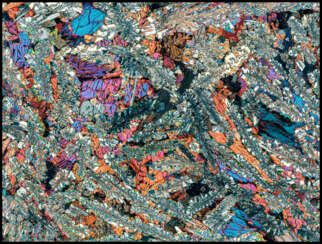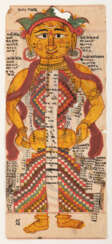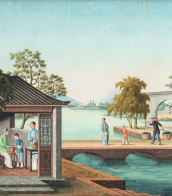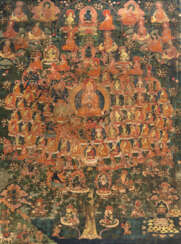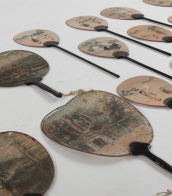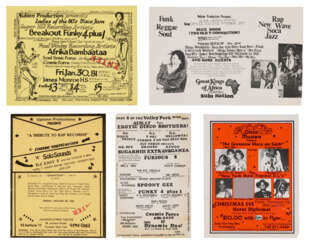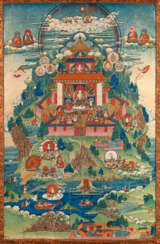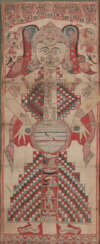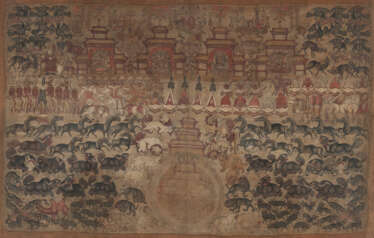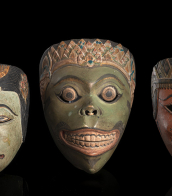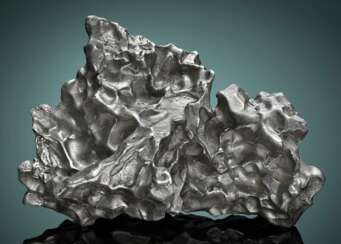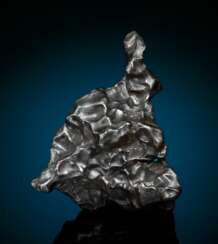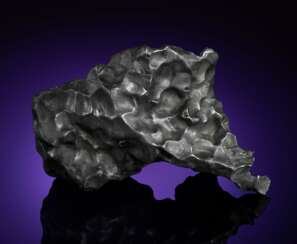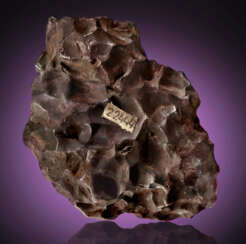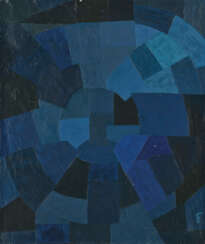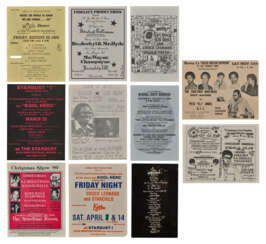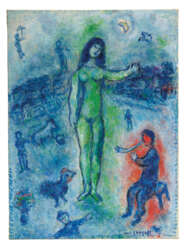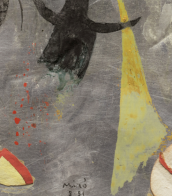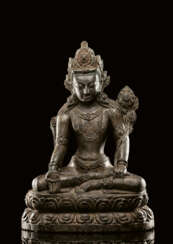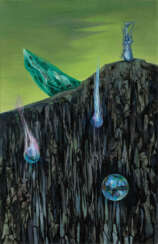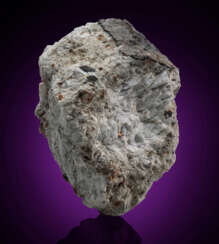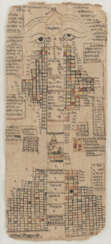cosmic worlds
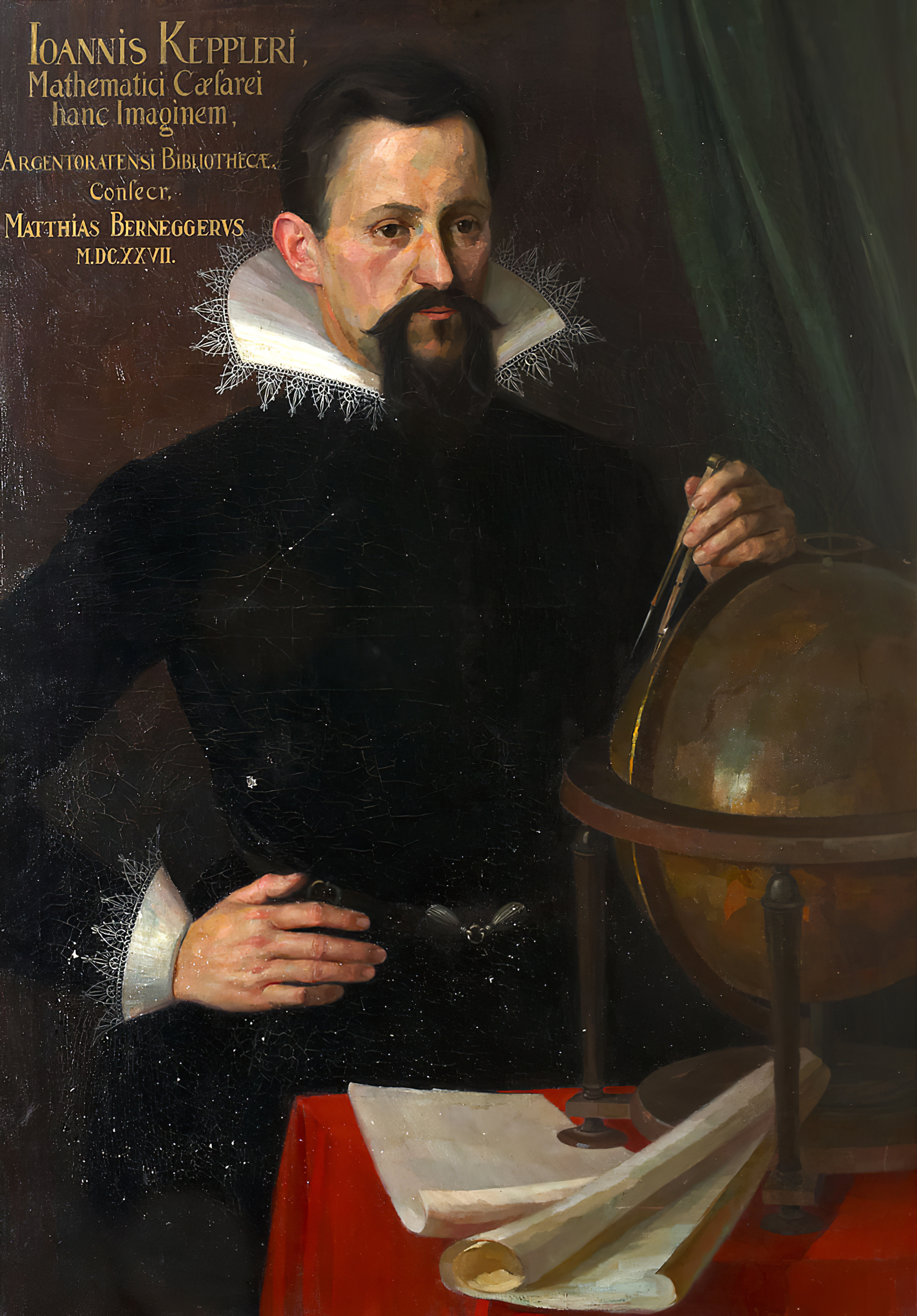
Johannes Kepler was a German mathematician and astronomer who discovered that the Earth and planets move around the Sun in elliptical orbits.
Kepler created the three fundamental laws of planetary motion. He also did seminal work in optics and geometry, calculated the most accurate astronomical tables, and made many inventions and discoveries in physics on which further scientific discoveries by advanced scientists were based.

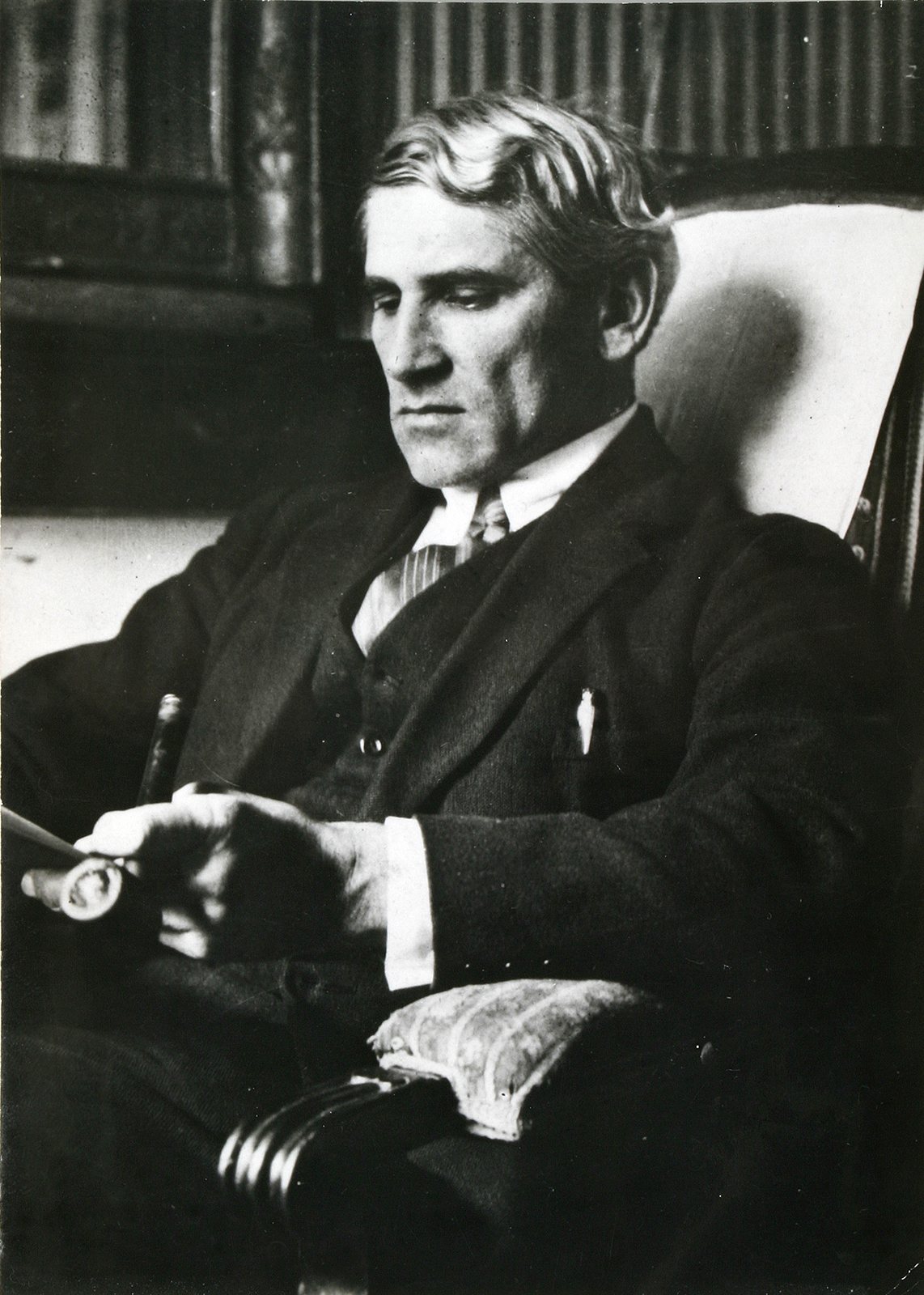
Otto Freundlich was a German painter and sculptor of Jewish origin. A part of the first generation of abstract painters in Western art, Freundlich was a great admirer of cubism.
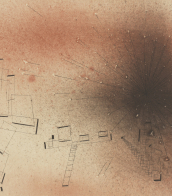
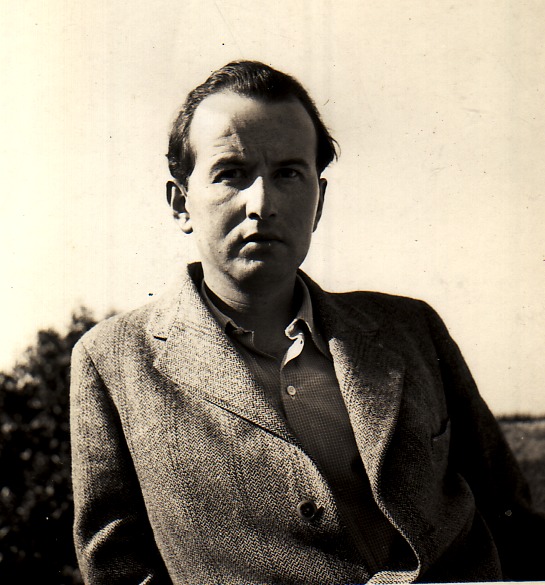
Wolfgang Robert Paalen was an Austrian-Mexican painter, sculptor, and art philosopher. A member of the Abstraction-Création group from 1934 to 1935, he joined the influential Surrealist movement in 1935 and was one of its prominent exponents until 1942. Whilst in exile in Mexico, he founded his own counter-surrealist art-magazine DYN, in which he summarized his critical attitude towards radical subjectivism and Freudo-Marxism in Surrealism with his philosophy of contingency. He rejoined the group between 1951 and 1954, during his sojourn in Paris.
